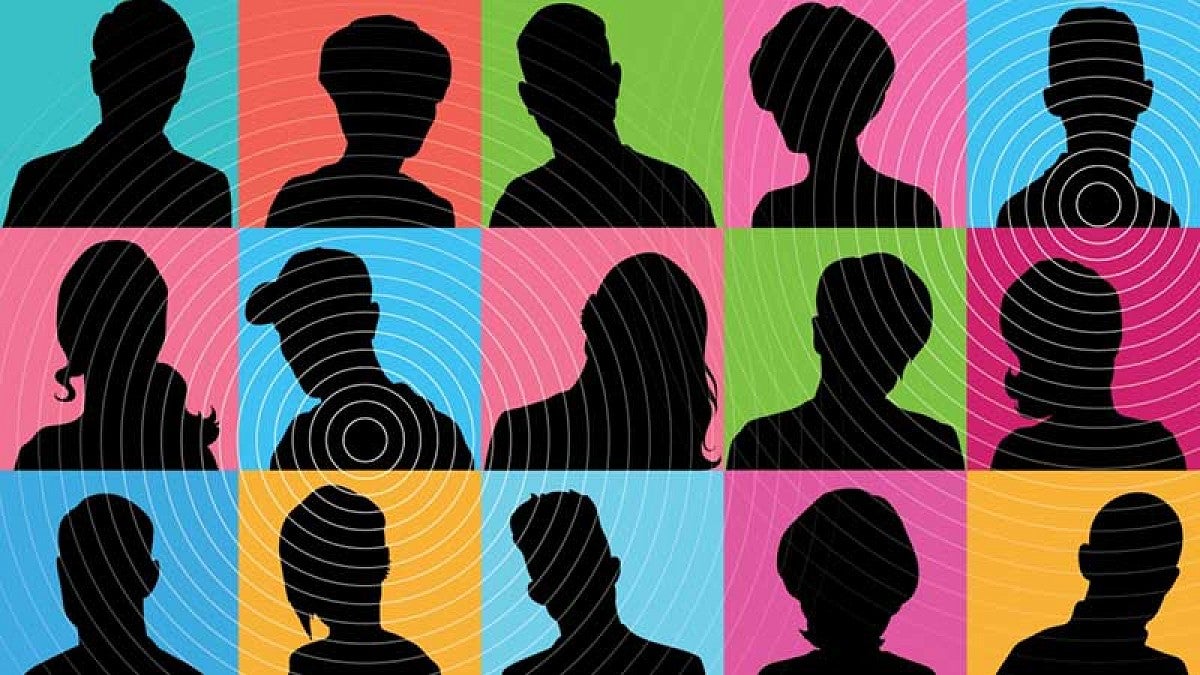Two UO students who contracted COVID-19 in June have just emerged from their 10-day isolation period healthy, but with a message of caution to share with the Eugene and UO community.
At a time when Lane County is seeing a surge in cases, particularly among young people, the young men want to warn others to stay vigilant even though public spaces have reopened.
“We relaxed our social distancing,” one said. “But even though we were aware of it, we still took it for granted, I guess, and it came back to bite us.”
Their cases were first reported Monday, June 22, bringing the total number of UO students with COVID to five. As of Tuesday, July 7, 29 positive tests among UO students had been reported, and at least another 20 cases had been associated with the cluster.
“These students were very candid and truthful with Lane County Public Health officials and their friends about the circumstances under which they were exposed to COVID-19, and have helped contact tracers track down others exposed to help limit the spread as much as possible,” said Angela Long, director of public health practices at the University Health Center. “This situation demonstrates how easily the virus can spread from one gathering and impact so many lives. We are grateful these students came forward to encourage others to learn from their experiences.”
The two students, who requested anonymity, both had mild cases. But they emphasize that the potential for serious harm to friends and loved ones through inadvertent exposure has been extremely sobering.
Now is not the time to relax precautions around social distancing, sanitizing or visiting public places, the two cautioned. And they saw first hand that COVID-19 can present very different symptoms in different people, can go undetected for days and can even be transmitted by people showing no symptoms.
The first student who was exposed traveled to Boise, Idaho, in early June to visit a family member, thinking the low case count and low population density would mean it was a safer place.
“I probably shouldn’t have been traveling in the first place, just with everything that’s going on, but I still thought going to Boise wouldn’t be that bad,” he said.
The 21-year-old said he made several trips to downtown Boise bars, where he saw few signs of the pandemic.
“I didn’t really see too many precautions or people wearing masks,” he said.
He came back to Eugene feeling fine and went back to his job in the community. But about a week later he said he developed first a cough, then fever and woke up one day with body aches.
He got tested and had to wait three days for results. He was mostly feeling better by the time he finally found out he had COVID-19. But he wasn’t all that surprised.
“What we did wasn’t smart at all,” he said.
In the meantime, his three roommates went to get rapid tests. Even though they had no symptoms, they knew it was likely they were exposed through their shared living space. All three tested positive.
One of those three said he and another roommate noticed a loss of taste and smell after they learned they were positive, as well as some body aches and chills. But only some of them had a fever or cough.
“We had no idea at all (before the test), and that just shows how crazy the virus is,” he said. “It can affect everyone in a different way.”
The housemates recovered in isolation, having groceries delivered to their doorstep. Though isolating was fairly straightforward, they both said it wasn’t easy breaking the news to their friends and other people they’d spent time with after exposure.
They all got together and made lists going back two weeks, then called every person, asking them to socially distance and get tested. They also shared this information with Lane County Public Health, which is responsible for monitoring contacts for a 14-day period after exposure to the virus.
“It was pretty difficult and very nerve-wracking,” said one student. “I felt really bad, because some of the people I’d been in contact with had traveled home from school. My biggest worry was that we could have spread it to them and then they could spread it to their family members or people who were at higher risk.”
The other student had been living with his girlfriend, who also ended up getting sick, as well as her family.
“Thankfully, they’re all good now, but I was worried,” he said.
Emerging from isolation now, both students say they’ll be making changes in their daily life.
“I plan to wear a mask every time I go outside,” said one. “I plan to stay six feet away from everyone at all times.”
The other said he’s limiting trips to the store as much as possible and stocking up more when he does go. The house is getting cleaned more often, and the two say they’re listening more to messages encouraging them to be careful. They want their stories to be a message to all.
“It is serious,” one said.
And ultimately, said the other, staying in groups of 10 or smaller isn’t enough.
“As students, you might have some friends that you hang out with,” he said, “but you don’t know all the people that they’re hanging out with, and then their friends-of-friends are hanging out with people … and it only takes one person who is positive to spread the virus.”
—By Anna Glavash, University Communications


